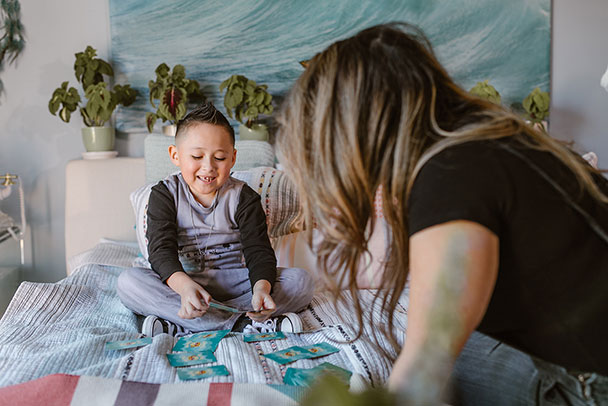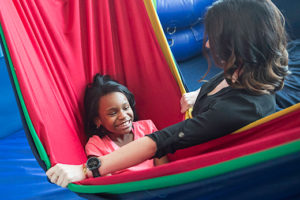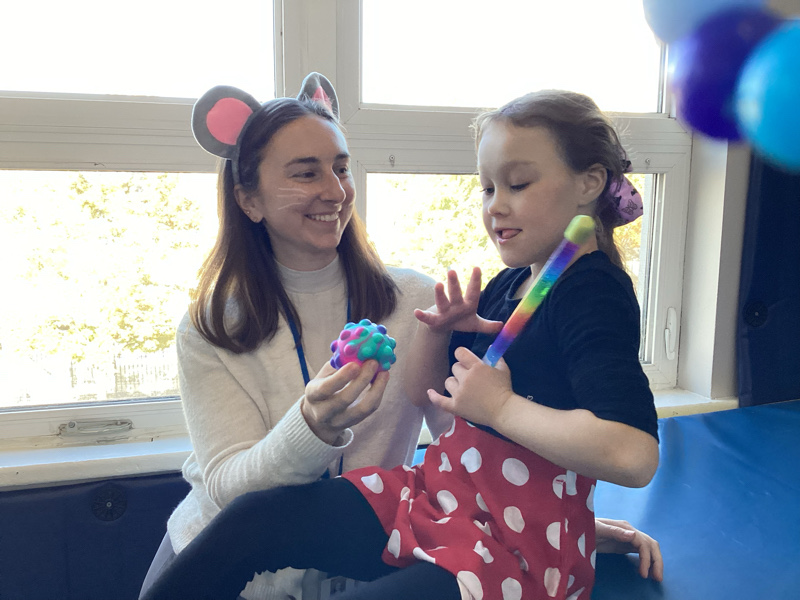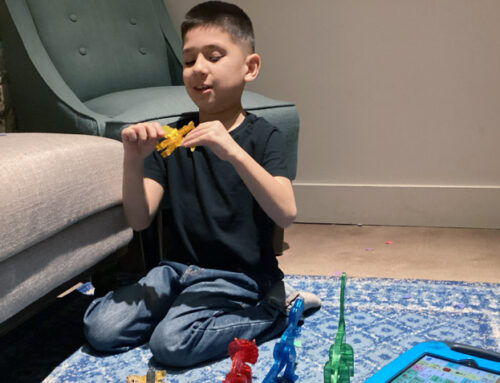Social Games

Individuals diagnosed with intellectual disabilities, including autism spectrum disorder, commonly have a difficult time initiating conversation, making choices or decisions, as well as making safe and encouraging choices and conversations with individuals in their home and community, such as school, social gatherings and community group activities. To encourage these interactions there are games that encourage social interactions, decision making and safe choices in the community, school, and in home.
I have had success as well as fun incorporating some of the games below.
- What Should You Do: This is a game that is not only fun but also helps individuals go through different scenarios where they have to choose the correct answer that relates to the card chosen and selecting the correct response. The choices on each card provide responses that are the wrong choice and right choice. For example: “One of your friends is bullying a classmate. What should you do?” The game then provides 3 examples of responses to the scenario and the participant chooses the response that they believe is the most appropriate to the scenario. The answer to this card is “Tell an adult, because bullying is wrong.” The other two responses are “Join in, because being a bully is fun.” The third choice is “Stay out of it, because you don’t want to take sides”. The card then prompts the individual who chooses the incorrect response to move back 3 spaces on the board.
- Socially Speaking: This game focuses on three areas… school, home, and community. The game encourages individuals to make decisions, take turns, and learn how to contact family and community helpers during emergencies, and express / address emotions. Players go around the board landing on different spaces, such as giving a compliment to another player. Through the use of receptive language skills and roll playing, individuals practice and learn these important social skills.
- My Self Social Emotional Learning Foundations: This is a series of stories about identifying emotions, as well as cooperation with others, to encourage positive relationships and responses to others in their community. Each story identifies a different emotion and how those emotions impact themselves as well as others. The stories provide tips and activities to help children grow emotionally and socially. Examples of some of the stories include: The Day I Felt Sad, That’s Not Fair! And Thanks for Sharing, Tommy. Following are twelve different books and activities.
These games really communicate to individuals how to communicate with others, express their own emotions, react to other individual’s emotions, as well as making choices and right decisions in various settings. I encourage all therapists and parents to incorporate fun games to increase social emotional independence.

Eyas Landing is a therapy clinic with a mission to provide evidence-based and family-centered therapy services for children, adolescents, and their families. The primary goal is to deliver relationship-based interventions within the most natural environments and to empower families to reach their full potential. To achieve this goal, our highly educated, compassionate staff dedicates time and expertise to create experiences that maximize therapeutic outcomes. The strength, determination, and perseverance of our clients are evident as they succeed in therapy, and ultimately in their daily lives.
Eyas Landing offers a wide range of comprehensive services including Speech Therapy, Occupational Therapy, Physical Therapy, ABA Therapy, Social Work, Family Therapy, and Neuropsych testing. Services are provided throughout the Chicagoland area via Telehealth, In-Home, and in our state of the art clinic.
Want to learn more or you have a specific question? Feel free to connect with us here!



